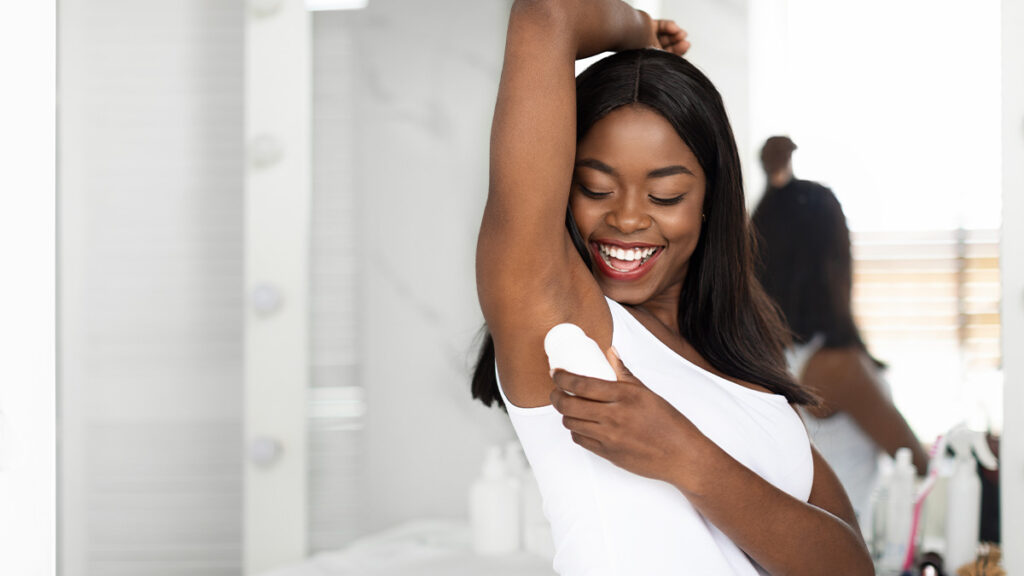The application of roll-on deodorant on the body is becoming common nowadays. When planning to go out, you use perfume to make the people around you feel the fragrance throughout the day.
Even with the feeling of confidence that accompanies deodorant use, many people still find it hard to use. They believe that it can cause cancer. The discussion garnered more traction on social media when Dr Tanaya (or Dr Cuters) chipped in to share her thoughts.
One may wonder how the use of roll-on deodorant is capable of causing breast cancer. This is because underarm roll-ons are applied near the breast and might contain some “active” ingredients (aluminium-based compounds) that can initiate cancer.
The claim seems true as several scientists and others have hinted at a possible relatedness between roll-on deodorant use and breast cancer. However, no scientific proof associates these products’ use with breast cancer growth. Therefore, the popular myth is false.
Dr Tanaya shared her thoughts on her Instagram handle, saying, “There is no evidence to support that underarm roll-on deodorants cause breast cancer.” She added that people accept the claim that roll-on deodorants contain aluminium, which might block the sweat glands and become absorbed into the body, causing cancer.
“The use of roll-on deodorant causing breast cancer is a myth, not a fact.”
The aluminium thing causing cancer is utterly wrong. This is because the amount of aluminium your underarms can take in from roll-on deodorant is insufficient to cause cancer.
About 0.012 per cent is what the body can absorb, which is very far from what can cause cancer. Dr Tanaya, therefore, emphasizes that there is no cause for alarm concerning the use of deodorants. You can make use of them as much as you want.
For you to avoid cancer, these are what you need to do instead;
- Be physically active, i.e. do daily exercise
- Reduce (or don’t drink) alcohol if you drink it
- Maintain your body weight
- Breastfeed your baby regularly if you are a nursing mother. This helps to reduce the risk of having breast cancer
- Talk to a medical specialist if you’d like to take hormone therapy.
It would help to speak to a doctor to get more information on breast cancer risk if you’re concerned about it.

